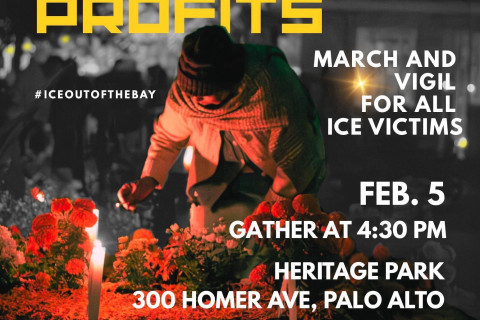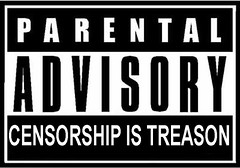Aster, my favorite corporate auditor in the whole world and dear friend, asked me to post this BBC article about the proposed Little Ethiopia district in Washington, DC.
For those who don't know anything about Ethiopian culture, let me explain a few things. There are an estimated 200,000 Habesha (a term Ethiopians and Eritreans use to refer to themselves) living in the DC metro area - the largest such concentration outside of eastern Africa.
The habesha I've met and known are some of the hardest working folks I've ever met, proud of their culture and their heritage. Like most diaspora living in the U.S., they arrive here with dreams and plans and ideas about how to build a new life. America is, after all, the land of opportunity and freedom.
America is also, sadly, a land where immigrants are treated like unwelcome pests by many "natives" from the first moment they arrive. Immigrants who leave their countries as doctors and scientists often arrive in the U.S. only to find jobs as housemaids and undocumented labor. And slowly, through sheer force of will, they find a way to establish themselves.
African immigrants are especially hard hit upon arriving in the U.S. Unlike European and Asian populations, who, over time, have become entwined into the American fabric, there still remains this racist notion deeply engrained in the back of the cultural mind concerning Africans. Africans have been, for decades, portrayed in Western films and media as savages, cannibals, and illiterate barbarians; this imaginary character, combined with the prejudices brought about by the Slave Trade in the New World, has created an unflattering stereotype.
The critics of the proposed Little Ethiopia, most notably the African-American critics, are afraid the tradition of Washington's Black Broadway will be lost, tarnished forever by a group of foreigners. The Ethiopian immigrant population has worked hard to rebuild an impoverished area, to build a healthier, more vital community, but some of these African American critics are buying into that "not in my neighborhood" mindset adopted by whites who refused integration in the South , using heritage and historical attachment as a means to justify the hatred of change.
In truth, there is room for both Black Broadway and Little Ethiopia to exist side-by-side, to merge into a greater community and make Washington trully an international city, culturally, for the first time in its history. Just think of the possibilities...Ethiopian restaurants right next door to the great jazz clubs, African-American art galleries and museums side by side with other immigrant art galleries and museums. The possibilities are endless.
Chick Below to view the original BBC article:
BBC NEWS Americas Washington row over 'Little Ethiopia'
Fini
-
Due to my changing job responsibilities and numerous serious personal
issues (I’ve been out of work for a month on medical leave) this blog has
run its cou...
15 years ago














3 comments:
Wy name is aster not this aster that sent you this:)
A classmate of mine sent me this and thank you so much for talking time to talk about the diaspora here. we try to make our way and represent our people.]
Most Americans don't like talking about the problems - thank you for taking the time.
Thank you again,
amesege’nallo!
Aster
Americans-regardless of color - just don't like when things change.
I think there is some level of racism against foreigners because they speak with an accent or because they remind Americans that we all got here from somewhere else.
K...jet lagged...sexually harrassed by taxi driver...bed now : )
Lupe
PS - My grandmother was an immigrant from Ciudad Juarez, Mexico. Much love for the Africans, yo! You're always welcome here, and don't forget it :-)
Aster became an auditor?
Post a Comment